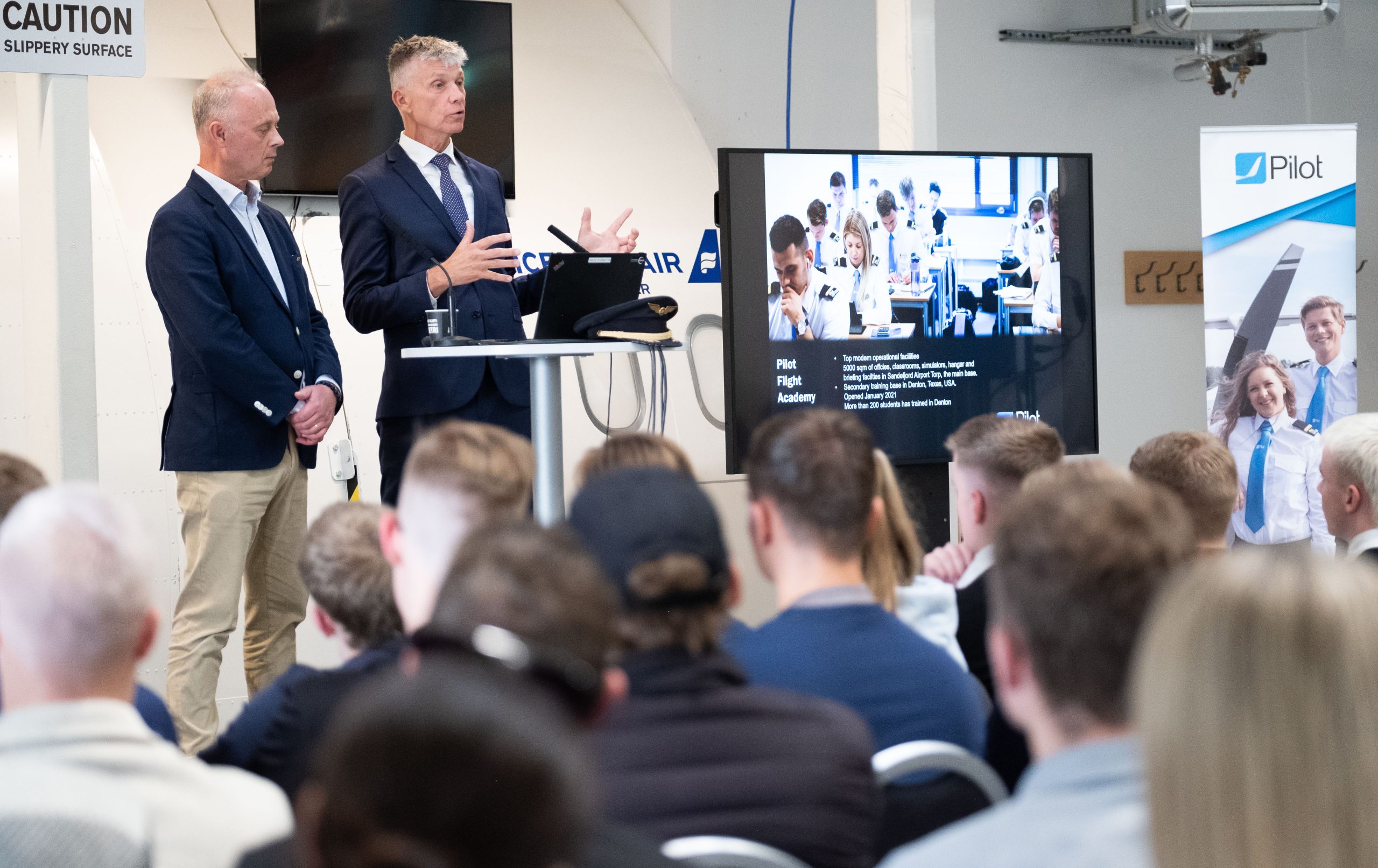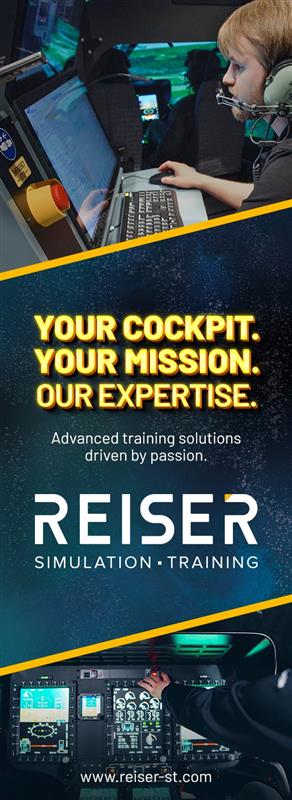Norwegian Flight School, Pilot Flight Academy, Enters Strategic Cadet Program with Airline
In a new milestone for the European aviation sector, Pilot Flight Academy (PFA), based in Torp-Sandefjord, Norway has announced a formal agreement with Icelandair. The agreement commits the academy to training pilots for the esteemed airline.
This program, meticulously crafted over an 18-month period, will offer cadets world-class educational journey. The initial phase of the training will take place in Norway, after which the cadets will proceed to PFA’s training base in Denton, Texas, for five months of flight training. The last, more advanced, training is performed at Torp, Norway. Upon completing their training with PFA, the cadets will undergo three months of specific aircraft training on Boeing 737 or Airbus 320 with Icelandair. Thus, 21 months from the commencement of their training, the cadets will be operational pilots for the airline.
Bogi Nils Bogason, CEO of Icelandair, commented on the agreement, saying, “We are delighted to enter into this agreement with Pilot Flight Academy. As an island nation, Iceland depends on air transport. It is therefore very important to offer high quality education in the specialized jobs performed in aviation. Although there is still great demand for jobs with Icelandair, it is very important to support the continued growth of the company and our team for the future.”
Forecasts by aircraft manufacturer Boeing suggest that the aviation industry will need 739,000 new pilots by 2039, significantly more than the current rate of training. Thereof, Europe alone is projected to need about 6000 pilots annually.
One of the primary challenges is attracting enough young talent to the industry, believes Mikael Eriksson, CEO at PFA. He mentions that the flight school recently launched a scholarship program, awarding two scholarships worth over one million kroner, to candidates who can be strong ambassadors for the pilot profession. However, if the future need for pilot is to be properly addressed, airlines must also play their part, he believes.”
The responsibility to train enough pilots rests with the entire industry. The competition for talent is intense, and students expect high quality, job security, and favorable conditions. This initiative from Icelandair is an excellent example of how airlines can secure critical resources and contribute to addressing the global pilot crisis,” states Eriksson.
The first batch of cadets is slated to be enrolled in PFA’s pilot program this coming November.
Source: Pilot Flight Academy
Photo Credit: Pilot Flight Academy

You may also check our Terms and Conditions for our Content Policy.
Searching for specific information – kindly contact us to see if we can assist you.
Check out the more than 18600 relevant pilot training industry updates here.




